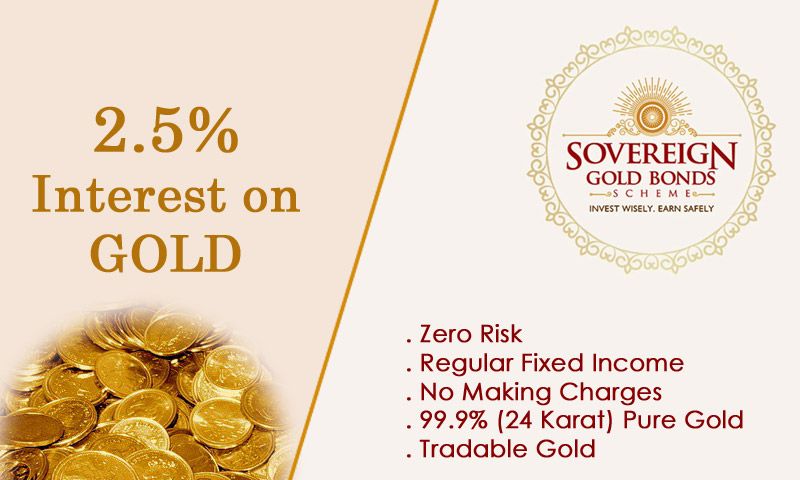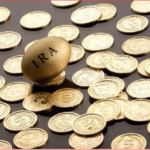Sovereign Gold Bonds are securities issued by the Reserve Bank of India or RBI on behalf of the Government of India. The Sovereign Gold Bond is a substitute for holding physical gold for investors. Investors buy the bonds in cash depending on the amount of gold they want to hold. For the mentioned duration, the bonds are held in RBI books or Demat form, meaning there is no risk of loss.
The bonds are redeemed in cash upon maturity at the ongoing market price during redemption. For the lock-in period, the gold quantity you buy remains protected. SGBs are better than holding gold physically since the risks and costs of storing physical gold are eliminated. However, there is undoubtedly a risk of loss if the market price of gold declines at maturity. In such a case, should you buy Bonds?
Reasons to invest
Sovereign Bondsare an economical and efficient way of holding gold if you do not want to go through the hassle of buying physical gold. Plus, they come with a sovereign guarantee. Investing in SGB pays off due to the following reasons:
- Investors get a return of 2.5% every year, payable semi-annually.
- Unlike physical gold, you need not worry about storing it or getting stolen.
- The bonds are traded on the stock exchanges, which the RBI notifies in advance. This means you can sell them when you want to.
- The government does not levy GST on Gold Bond price, but it is levied on gold coins and bars. You pay 3% GST even when you buy digital gold. Plus, unlike physical gold, you need not pay any making charges either.
- You can use SGBs as collateral while availing of Loans. Its Loan to Value ratio is the same as an ordinary Gold Loan. LTV is an assessment of lending risk used by banks before approving Loans.
- Gold as an asset class outperforms other assets during high inflation or geopolitical unrest or when fiat currencies undergo debasement.
- Plus, gold is treated as a non-financial asset. Hence, capital gains are counted at the end of three years, not one. If you sell gold within three years, you might need to pay short-term capital gains tax. If you sell it after three years, you pay a long-term capital gains tax, which can be as high as 10%.
However, under SGBs, redemption is tax-free unless you sell them prematurely in the secondary market, which means you will have to pay capital gains taxes.
Disclaimer: ICICI Securities Ltd. ( I-Sec). Registered office of I-Sec is at ICICI Securities Ltd. – ICICI Venture House, Appasaheb Marathe Marg, Prabhadevi, Mumbai – 400 025, India, Tel No : 022 – 6807 7100. The contents herein above shall not be considered as an invitation or persuasion to trade or invest. I-Sec and affiliates accept no liabilities for any loss or damage of any kind arising out of any actions taken in reliance thereon. The contents herein above are solely for informational purpose and may not be used or considered as an offer document or solicitation of offer to buy or sell or subscribe for securities or other financial instruments or any other product. Investments in securities market are subject to market risks, read all the related documents carefully before investing. The securities quoted are exemplary and are not recommendatory. The contents herein mentioned are solely for informational and educational purpose.












